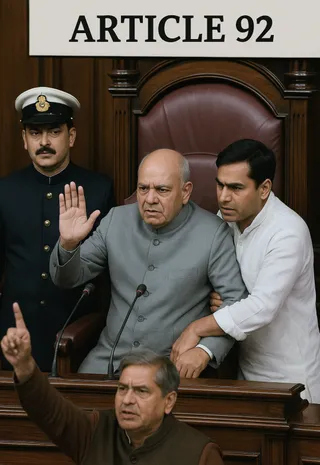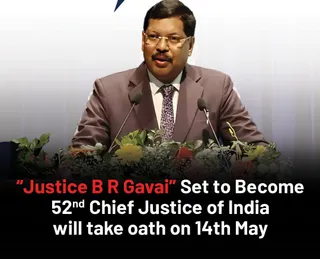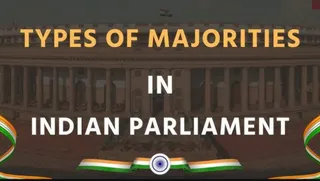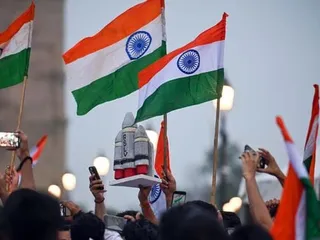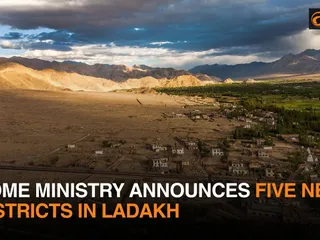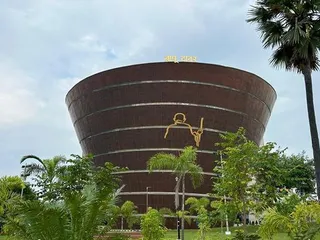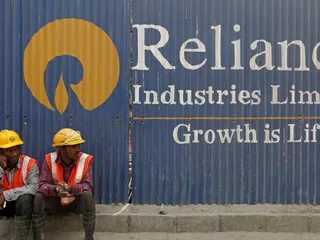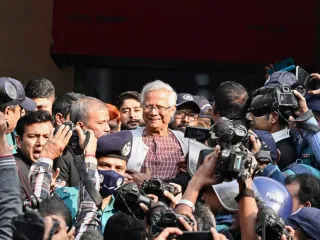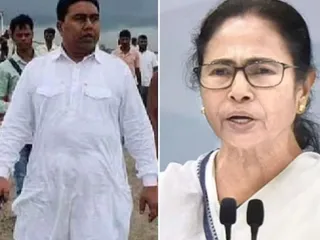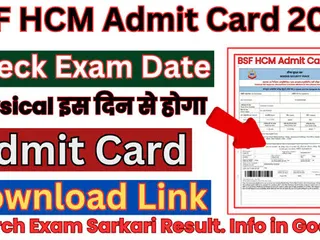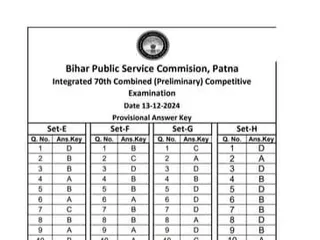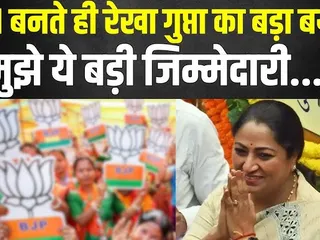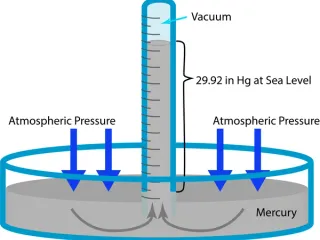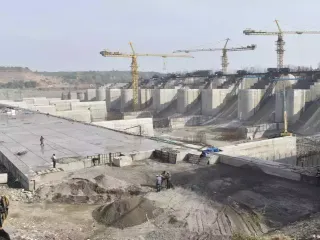Article 356 of the Indian Constitution, often referred to as the President's Rule, empowers the President to impose emergency rule in a state if the state government cannot be carried on in accordance with the provisions of the Constitution. This essentially means that if the President is satisfied,based on a report from the Governor of the concerned state, that the state's governance is facing a breakdown of constitutional machinery, they can impose President's Rule.
Key Provisions and Procedures:
- Governor's Report: The process typically begins with a report from the state's Governor to the President, detailing the reasons for the perceived failure of the constitutional machinery. This report plays a crucial role, and its accuracy and objectivity are often debated.
- President's Satisfaction: The President is not bound by the Governor's report but requires satisfaction that a situation necessitating intervention exists. This adds a degree of executive discretion to the process.
- Proclamation of Emergency: If the President is satisfied, they can issue a proclamation of emergency in that state. This proclamation suspends the state government and allows the central government to assume control.
- Parliamentary Approval: The proclamation must be approved by both Houses of Parliament within two months. If it isn't approved, the proclamation lapses.
- Duration of President's Rule: President's rule can be imposed for a maximum period of six months. However, it can be extended further with parliamentary approval.
Criticisms and Controversies:
Article 356 has been subject to considerable criticism over its potential for misuse. Critics argue that it has been used, at times, for political reasons rather than genuine reasons of constitutional breakdown. The subjective nature of 'failure of constitutional machinery' allows for considerable interpretation and potential manipulation.
There have been numerous legal challenges to the application of Article 356, leading to Supreme Court judgments that have attempted to define the boundaries of its usage. These judgments have highlighted the importance of ensuring that the imposition of President's Rule is not arbitrary or politically motivated.
Implications for Federalism:
Article 356's impact on India's federal structure is significant. While it provides a mechanism to address exceptional circumstances, its application has raised concerns about the balance of power between the central and state governments. It has been argued that its misuse can undermine the principles of federalism and state autonomy.
Further research on specific instances of Article 356's implementation provides a deeper understanding of its application and its implications for Indian democracy.



